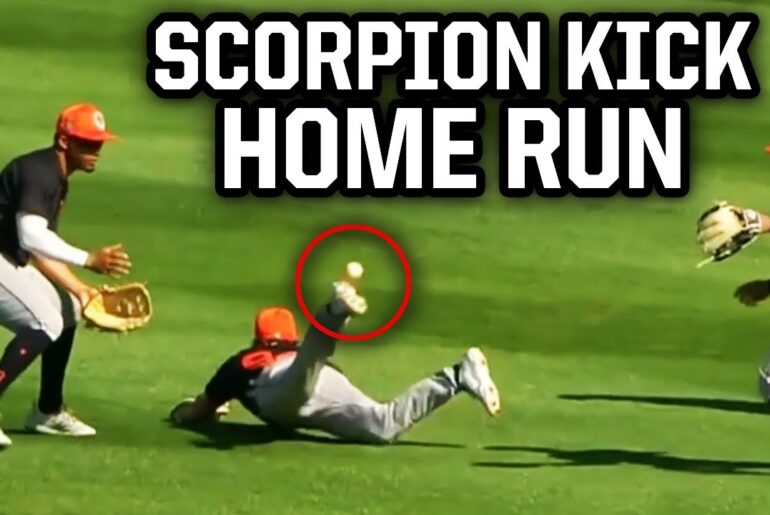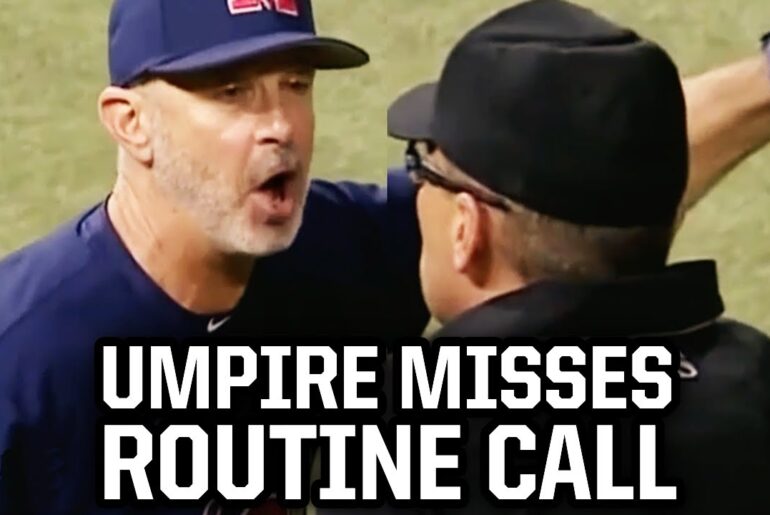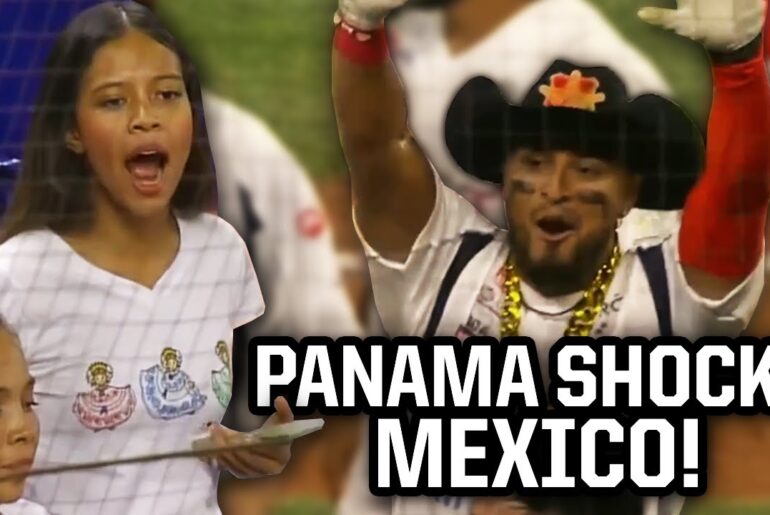Alec Manoa finds himself in the midst of a remarkable start, defying his previous streak of poor performances. However, the events that unfold in the sixth inning shed light on the significance of strategic decision-making and the consequences of overlooking crucial details. This breakdown explores the sequence of events leading to Manoa’s unexpected removal from the game and the aftermath of the manager’s decision. Join us as we delve into the pivotal moments that unfolded on the field.
A Promising Start
At the top of the sixth inning, with the score tied at two runs each, Alec Manoa exhibits a remarkable performance on the mound. This comes as a surprise, considering his history of struggling during the initial phases of games. The consistent support from his team, combined with his determination, has enabled Manoa to break free from his previous bad habits and deliver a commendable start.
A Critical Situation
With one out and the go-ahead run on first base, the pitching coach pays a visit to the mound. The coach’s message revolves around the importance of inducing a ground ball and executing a double play to escape the inning unscathed. Simultaneously, a left-handed pitcher warms up in the bullpen, adding another strategic aspect to the situation. Although the specifics of their conversation remain unknown, it is clear that the coach aims to maximize the team’s chances of success.
Unexpected Turn of Events
As the inning progresses, the tension rises. Manoa’s first pitch to Mountcastle results in a missed opportunity for the batter. However, the subsequent pitch sees Mountcastle being hit by the ball. This marks the fifth time Manoa has hit a batter this season, highlighting his occasional lack of control. Adam Frazier, who has enjoyed success against Manoa throughout the game, steps up to the plate, looking to capitalize on his previous hits and provide his team with a lead.
A Controversial Call
Manoa’s pitch to Frazier, a runner on first base, demonstrates his versatility with an 86 mph runner to the outside. Attempting to set up a low pitch in the zone, Manoa uses a slider, resulting in a check swing from Frazier. The decision on whether Frazier swung or not rests with the umpire, and opinions are divided. Ultimately, the umpire rules in favor of Frazier, much to Manoa’s frustration. This tense moment adds fuel to the already simmering emotions on the field.
Managerial Decision
With the turn of events intensifying, Manager Schneider makes his way to the mound. Traditionally, a manager’s appearance signifies a pitcher change. Consequently, Manoa appears puzzled, uncertain whether he will be taken out of the game or allowed to continue. To his surprise, Schneider’s visit serves a strategic purpose rather than a substitution. The manager’s intentions are unclear to the spectators, but the conversation likely revolves around altering the game plan to navigate through the inning successfully.
Miscommunication and Consequences
In the midst of the managerial visit, confusion ensues. The umpire, aware that this is Schneider’s second visit to the mound, reminds him of the rule that mandates a pitcher change after two visits. Despite Schneider’s desire to allow Manoa to finish the inning, the umpire’s intervention forces his hand. Reluctantly, Schneider takes Manoa out of the game, leading to a wave of disappointment and frustration from the pitcher, who believed he was in line for a well-deserved victory.
Reflections and Regrouping
As Manoa leaves the mound, he grapples with a mix of emotions. Disappointment and confusion overshadow his otherwise impressive performance. In the dugout, Frazier observes the situation, his subtle smile betraying a sense of satisfaction. Meanwhile, Schneider approaches Manoa, acknowledging his mistake and accepting responsibility for the miscommunication. The manager’s apology brings little consolation to Manoa, who had hoped to continue his positive streak.
Learning from Mistakes
Despite the setback, Manoa attempts to maintain composure. He receives encouragement from his teammates, reminding him that one mistake does not define his abilities. In the post-game analysis, Manoa handles the situation gracefully, downplaying the incident. Schneider, on the other hand, admits his error and attributes it to a conversation that veered off track.



